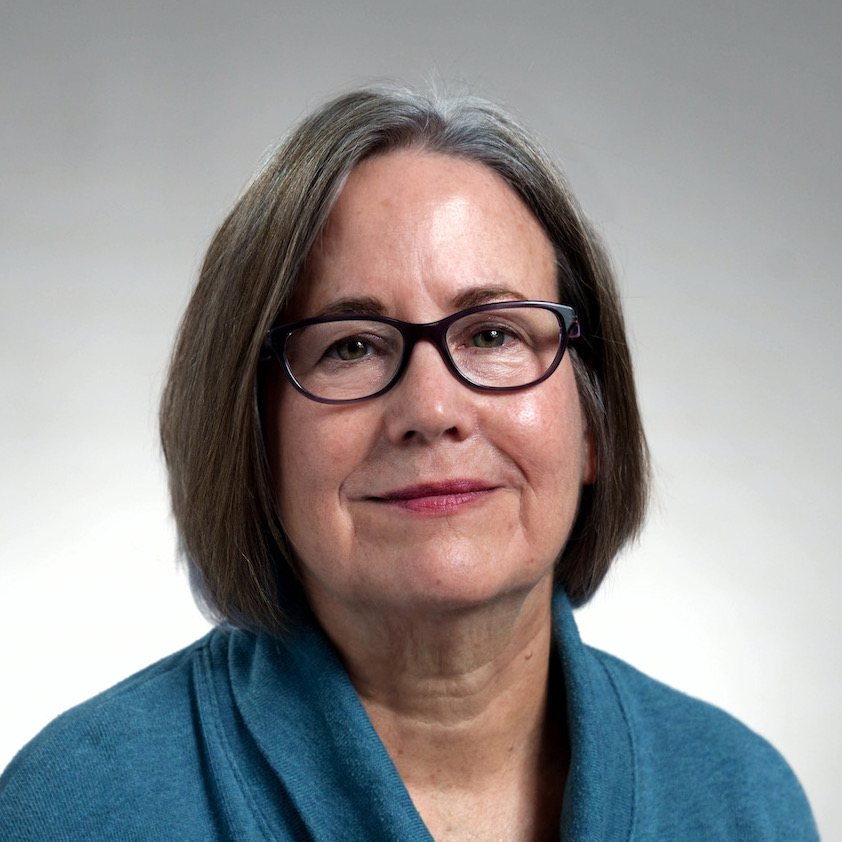 Imagine you’re researching a story about a new medical device undergoing federal review. You send an email to a source seeking details. But unbeknownst to you, your email has been infected with malware. When your message is opened, the software secretly scours your source’s computer for insider information.
Imagine you’re researching a story about a new medical device undergoing federal review. You send an email to a source seeking details. But unbeknownst to you, your email has been infected with malware. When your message is opened, the software secretly scours your source’s computer for insider information.
It’s a hypothetical situation – but not far-fetched, says Geoffrey King, a lawyer and lecturer who previously ran the Internet and technology policy program at the Committee to Protect Journalists.
“The universe of possibilities for why an entity might be interested in you or your work is very large,” King says. It’s human nature to want to downplay the potential threat, but journalists should be aware of the danger of being exploited or spied on.
Health reporters have traditionally given little thought to security. Those of us who explore the weeds of policy, medicine, and science typically don’t feel the same need for self-protection as, say, investigative or foreign journalists.
But times have changed.
Technology is opening ever-widening possibilities for surveillance and theft of information. Additionally, an administration in Washington hostile to the media – and to science – presents new challenges on our beats. Health reporters may find themselves relying on whistleblowers, leakers, and others who take risks in talking to us.
“To work effectively in this environment, we need to know how to communicate privately and protect our sources and our information,” said Sabriya Rice, vice chair of the Right to Know Committee. Rice will moderate a workshop on security for journalists to be held at 9 a.m., Thursday, April 20, at Health Journalism 2017.
Bring your laptop and other devices to this two-hour hands-on session with King and Olivia Martin, digital security fellow at the Freedom of the Press Foundation. They will teach such skills as how to set up secure drop-boxes, encrypt emails, and secure computers. In addition, the session “Freelance: The best career hacks (crowdsourced and more)” at 10:40 a.m. on April 23 will offer even more tips for protecting yourself from bad actors, whether it’s spammers, malware programmers or angry sources. Learn strategies to implement before a threat appears so you can be proactive about reducing your risks from doxxing and other hazards of journalists in the Information Age.
Until then, here are some articles that may help you get started:
- Days after the election, the Intercept published “Surveillance Self-Defense Against the Trump Administration.”
- The Atlantic also offered advice to journalists.
- ProPublica’s Julie Angwin tells how she ramped up her own security, and provides tips on protecting your communications.
- The “Journalist Security Guide” of the Committee to Protect Journalists includes a section on technology.
- Martin Shelton offers advice on “How to protect yourself and your newsroom without losing your mind.”
- How to set up a VPN in 10 minutes for free (and why you urgently need one)





